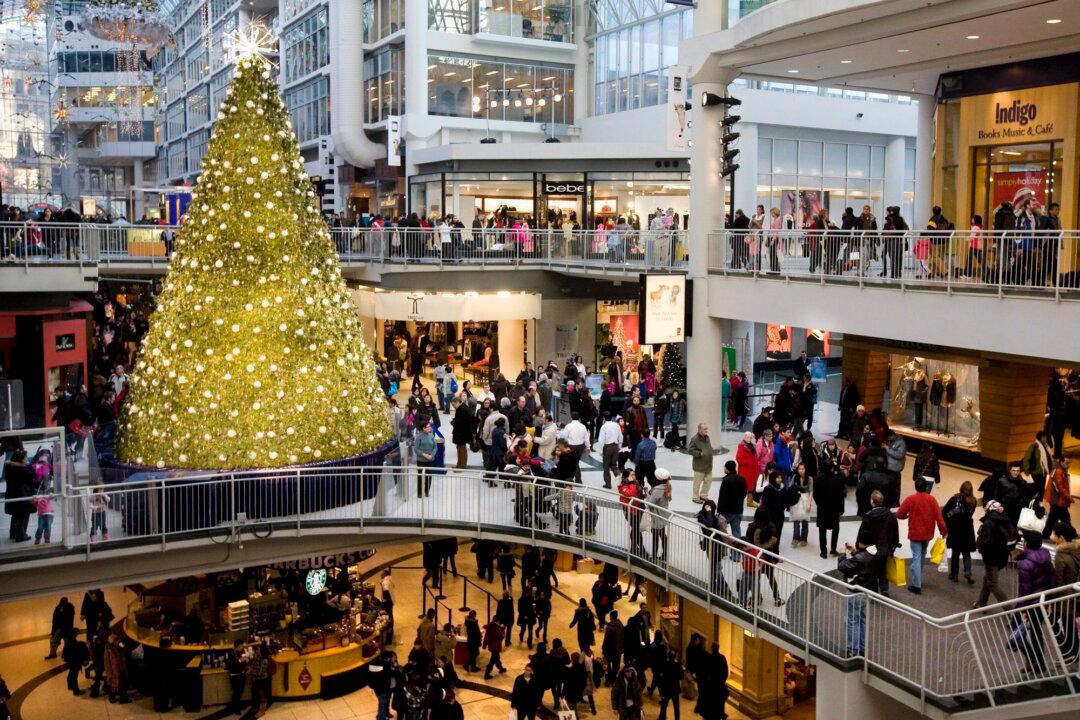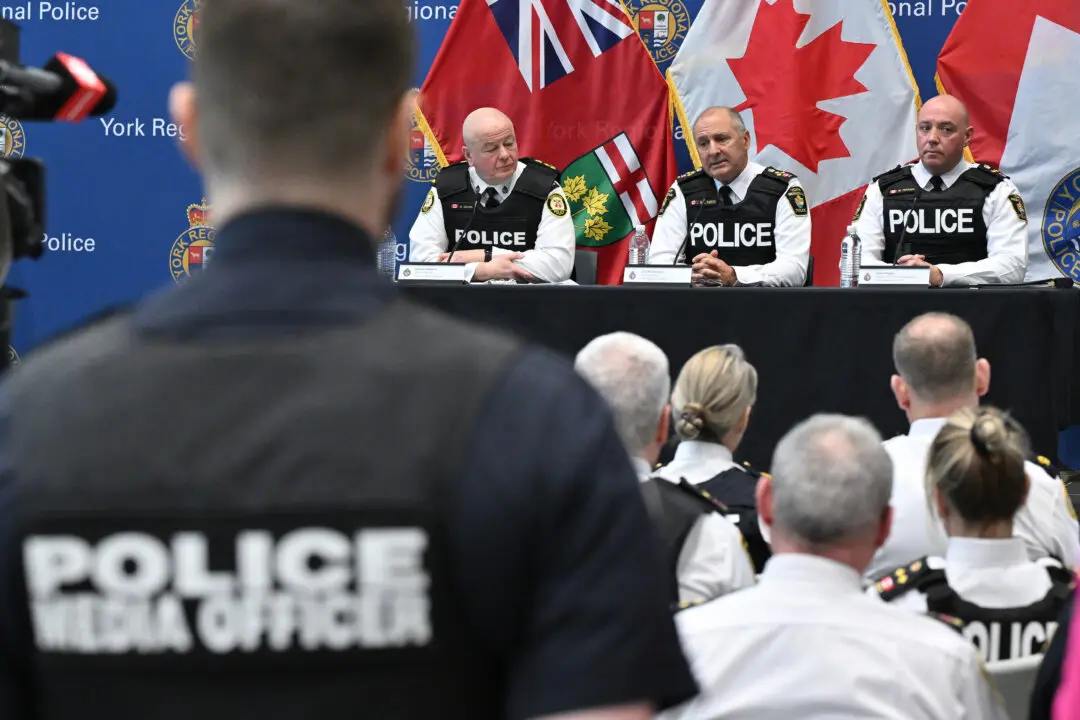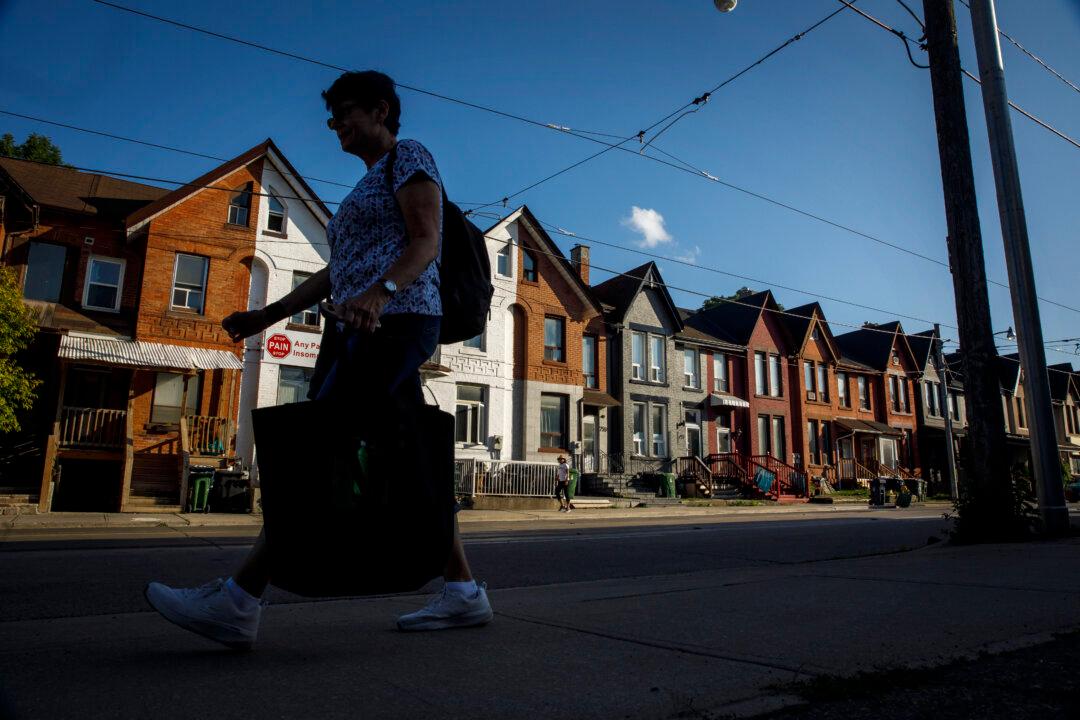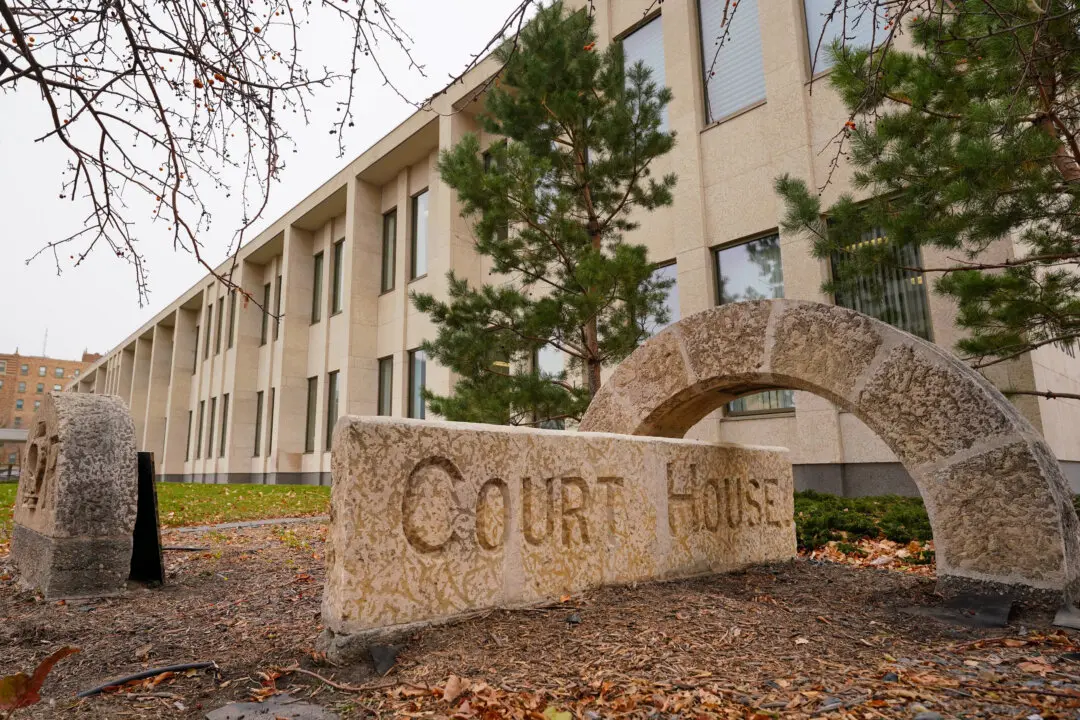Ottawa announced plans this week to implement a GST break on items like groceries, children’s clothing, and alcohol in a bid to “put more money in people’s pockets” during the upcoming holiday season.
Items exempt during the proposed tax holiday between Dec. 14, 2024, and Feb. 15, 2025, include “holiday essentials” such as groceries, restaurant meals, beer, wine, and certain items for children such as clothing, footwear, diapers, and toys. Christmas trees will also be tax-free.





